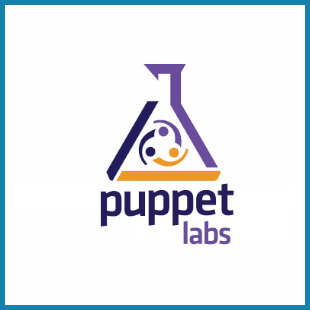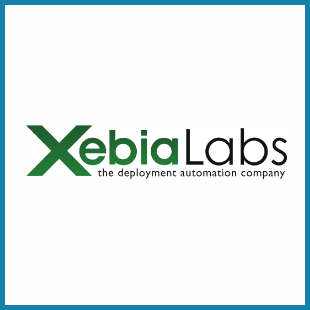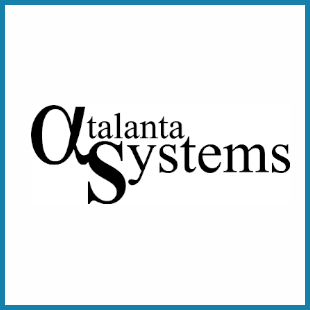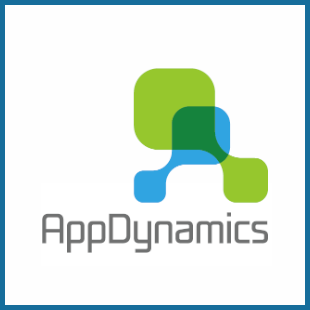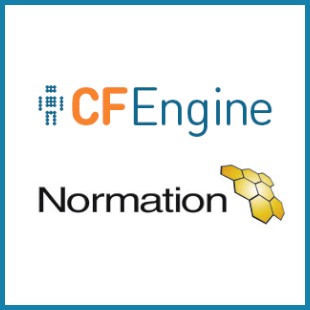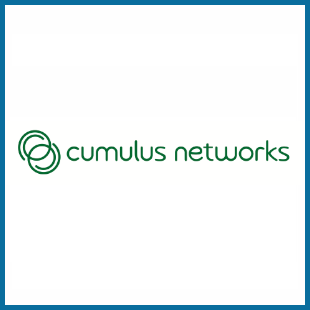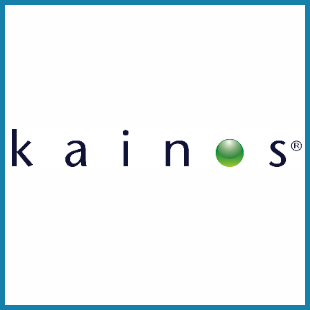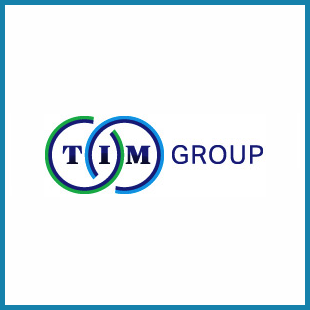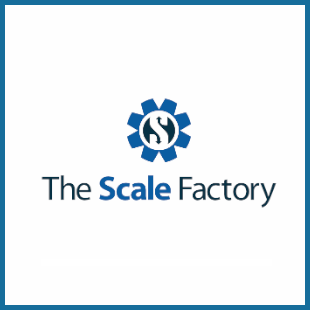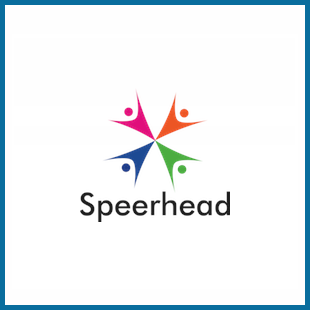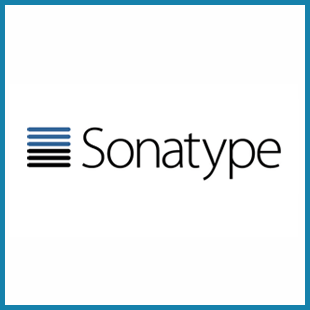
London 2013 - Proposal
Gold sponsors
Building consistently good software with ordinary people
Abstract:
The ZeroMQ open source project uses a surprising DevOps-like process. We accept any patch so long as it doesn't break existing apps, builds cleanly, solves a clear problem, and doesn't look nasty. Instead of driving development through rockstar vision, we drive it by gradually, and safely accumulating small answers to real problems.
The process is controversial because we don't need rockstars, which annoys them a lot. There's no roadmap. There's no heavy upfront design. No vision documents, no core maintainers. Instead, we see a GitHub master that evolves smoothly in useful directions, with a handful of patches every day. We don't log feature requests. If someone wants to solve a problem, they either invest money, effort, or they wait.
The key is GitHub's Fork + Pull model, combined with some clear rules about the process. In 2011 we adapted our ZeroMQ rules for building proprietary apps. The results were... impressive. Before, the client suffered from slow design - implementation cycles that produced frankly horrid software. After, the client's teams could produce several releases a day.
The effects on management and HR are stimulating. Instead of assigning engineers to problems, managers allow key users to log issues, and developers to solve issues as they please. Issues that don't get solved are scored as low value or badly explained. Developers who solve few issues are scored as low value. All focus is on removing friction in the test-log-solve-deliver cycle. Done right, every single patch, solving one issue, is a deliverable.
The impact on design is that it evolves according to the real needs of users, rather than upfront vision. The resulting software is, in theory, more accurate and useful than software built to up-front designs.
Overall, this is a simple, effective, and low-stress way of producing systematically good software with ordinary developers and users.
Also see: Collective Code Construction Contract - (C4)
Speaker:
Pieter Hintjens - Author of O'Reilly ZeroMQ book Twitter: @hintjens
He is the CEO and chief software designer for iMatix, a firm that has produced many free software applications, such as the ØMQ high performance message library, the OpenAMQ AMQP messaging service, Libero, GSL code generator, and the Xitami web server.






